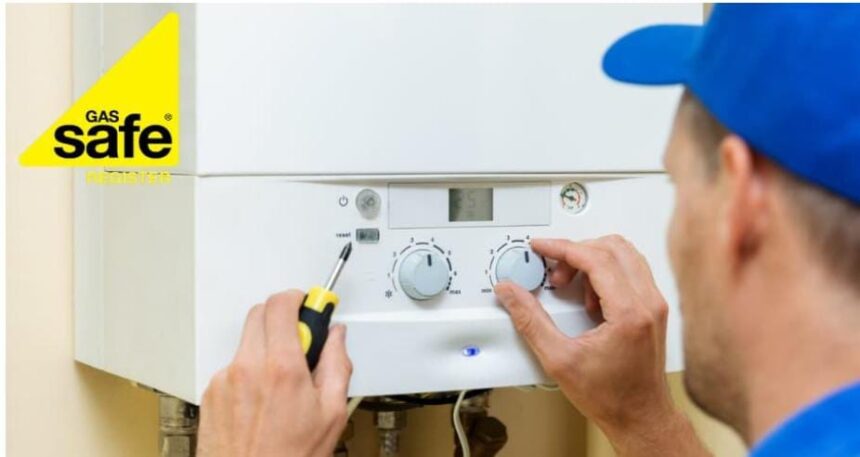Gas safety is a critical aspect of building management in London, governed by stringent regulations to protect both occupants and properties from the risks associated with gas appliances and installations. This comprehensive guide explores the key aspects of gas safety regulations in London, emphasizing the importance of compliance and the measures required to ensure safe usage. For property owners and landlords, obtaining a Gas Safety Certificate London is essential to demonstrate adherence to these regulations and maintain a safe environment for tenants and residents.
Importance of Gas Safety Regulations
Gas safety regulations in London are designed to prevent accidents such as gas leaks, explosions, and carbon monoxide poisoning. They apply to residential, commercial, and industrial properties where gas appliances are installed or used. Compliance with these regulations is mandatory to safeguard lives and maintain the integrity of buildings.
Regulatory Framework
The Gas Safety (Installation and Use) Regulations 1998
These regulations outline the legal responsibilities of landlords, building owners, and gas engineers regarding the installation, maintenance, and use of gas appliances and fittings. Key requirements include:
- Gas Safe Register: All gas engineers and technicians must be registered with the Gas Safe Register, ensuring they are qualified and competent to work safely with gas appliances.
- Annual Gas Safety Checks: Landlords are legally obligated to conduct annual gas safety checks by a Gas Safe registered engineer on all gas appliances and flues within their properties.
- Maintenance and Repairs: Gas appliances must be maintained in a safe condition and repaired by qualified engineers if faults are identified during inspections or through occupant reports.
Landlord Responsibilities
Obligations under the Gas Safety Regulations
- Providing Gas Safety Certificates: Landlords must provide tenants with a copy of the Gas Safety Certificate for the property within 28 days of the annual gas safety check or before new tenants move in.
- Ensuring Installation Compliance: Gas installations must comply with current standards and regulations to prevent risks to tenants and property.
- Record-Keeping: Landlords are required to keep records of gas safety checks, maintenance, and repairs for at least two years and provide them to tenants upon request.
Tenant Awareness and Responsibilities
Gas Safety Awareness for Tenants
- Recognizing Gas Hazards: Tenants should be aware of the signs of gas leaks, such as the smell of gas, hissing sounds near appliances, or physical symptoms like headaches and dizziness.
- Reporting Issues Promptly: Tenants must promptly report any suspected gas leaks or appliance malfunctions to landlords or property managers for immediate action.
Gas Safety in Commercial and Industrial Settings
Compliance in Business Premises
- Routine Inspections: Similar to residential properties, businesses must conduct regular gas safety inspections and maintain records of checks and maintenance.
- Employee Awareness: Businesses should ensure that employees are aware of gas safety procedures and emergency protocols in the event of a gas leak or related incident.
Conclusion
In conclusion, gas safety regulations in London are essential for maintaining safe environments in residential, commercial, and industrial properties where gas appliances are used. Compliance with these regulations not only protects occupants and properties from the risks associated with gas but also ensures legal obligations are met by landlords and business owners. By adhering to the Gas Safety (Installation and Use) Regulations 1998, including annual checks, proper maintenance, and prompt repairs by Gas Safe registered engineers, stakeholders can contribute to a safer built environment in London. Understanding these regulations and their implications is crucial for all involved parties, promoting awareness and proactive measures to prevent gas-related accidents and emergencies. For landlords seeking to comply with safety standards, obtaining an EICR Cert is recommended, ensuring comprehensive checks and certification of electrical installations alongside gas safety measures, If you want to stay updated with posts like this, please follow us on NEWSGENIUS.









